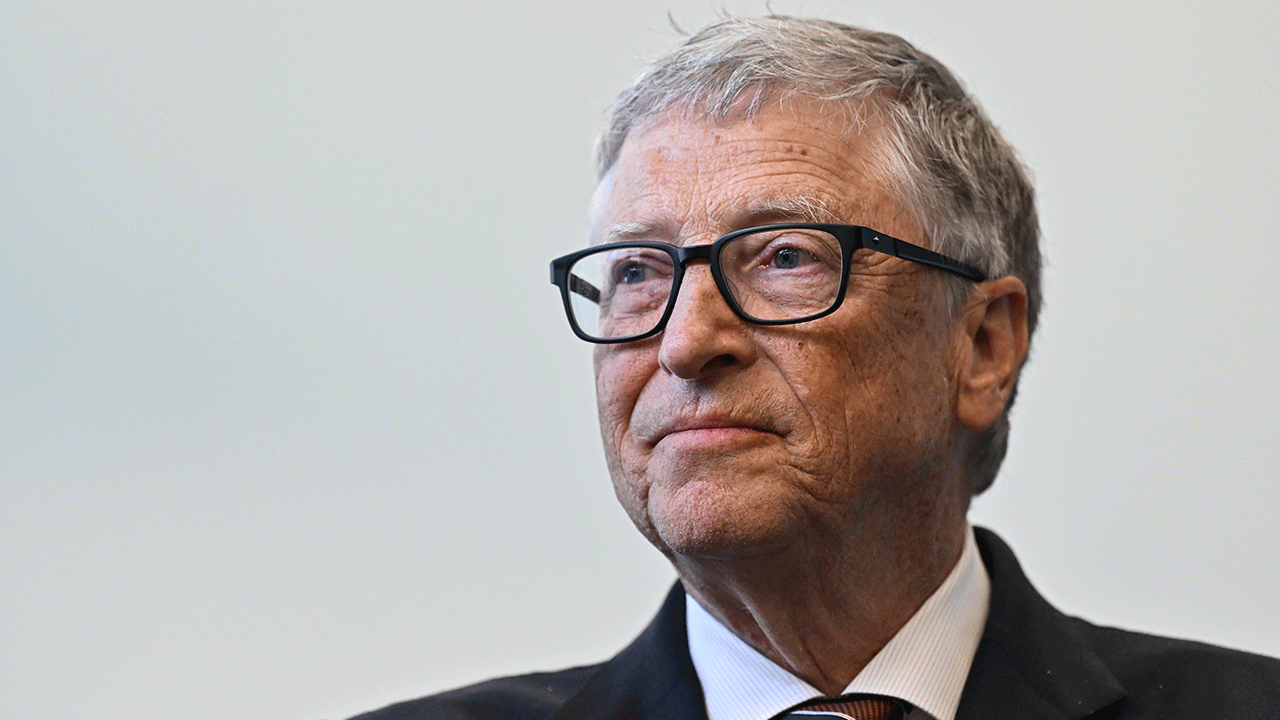Bill Gates, one of the co-founders of Microsoft, has made a bold prediction regarding the future of artificial intelligence, suggesting that in the near future, everyone will have a personal “agent” machine working for them.
As per a review by Fortune, Gates anticipates that individuals using the internet will soon have access to an AI-powered personal assistant that surpasses current technology by a significant margin. These advanced assistants are envisioned to be proactive, offering advice even before being prompted.
Gates’ statements align with the rapid progress in AI technology, exemplified by recent advancements such as OpenAI’s ChatGPT gaining widespread recognition. Despite acknowledging the imminent transformative impact within the next five years, Gates notes the current limitations of software in 2023.
The tech magnate envisions a scenario where nearly everyone could benefit from a personal assistant capable of handling various tasks, including organizing entire vacations. This AI assistant would not only provide recommendations based on individual preferences but also make reservations at preferred restaurants, eliminating the need for detailed explanations typically required by travel agents.
Furthermore, Gates envisions the widespread adoption of AI technology to streamline daily tasks, surpassing the capabilities of existing virtual assistants. These future AI agents are expected to facilitate complex interactions and tasks beyond the scope of current virtual assistants.
Christopher Alexander, Chief Analytics Officer at Pioneer Development Group, highlights Natural Language Processing (NLP) as the key to enhancing these AI assistants. By leveraging NLP, these AI aides are poised to exhibit superior problem-solving abilities compared to existing virtual assistants like Siri.
On mobile devices, Microsoft Bing, Skype, and ChatGPT AI chat programs are already visible, indicating the increasing integration of AI technologies into everyday applications.
While Gates anticipates a cost associated with accessing these advanced AI technologies, he foresees intense competition driving down prices, making them more accessible to the general public.
Despite uncertainties surrounding consumer willingness to pay for such technology, experts like Phil Siegel, founder of the Center for Advanced Preparedness and Threat Response Simulation (CAPTRS), suggest that pricing models will play a crucial role in determining consumer adoption rates.
In conclusion, Bill Gates’ vision of ubiquitous AI assistants transforming various aspects of daily life reflects a long-standing ambition to create practical and beneficial tools for users, building on past experiences like Microsoft Bob to deliver a more engaging and effective user experience through AI technology.






